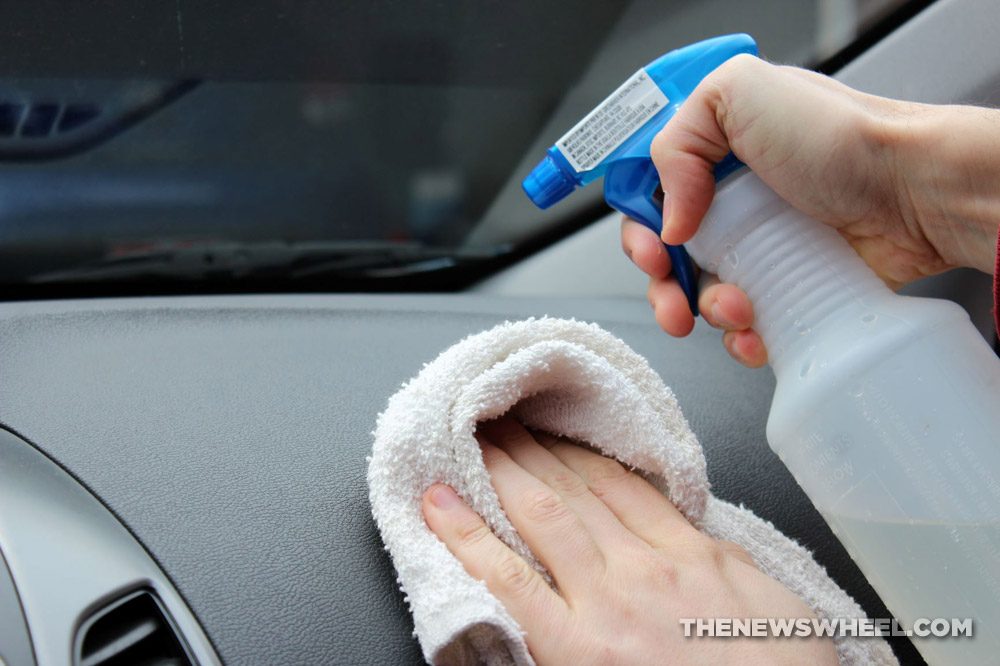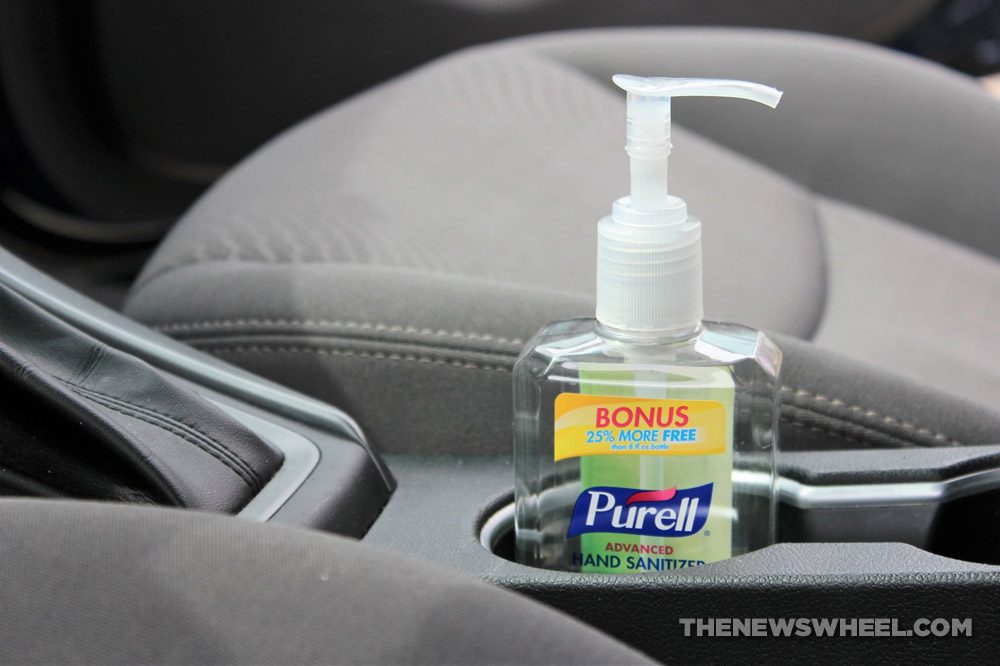Make Sure You Properly Sanitize Your Accessible Van from COVID-19
Protect your wheelchair vehicle from the rapid spread of coronavirus

If you have a physical disability or chronic illness, you need to be extra careful during this pandemic to protect yourself from a coronavirus infection. Compromised immune or respiratory functions put you at a disadvantage for surviving COVID-19.
According to the CDC, transmission of coronavirus can occur from touching a contaminated surface that’s covered in active viral strains. Thus, experts recommend,”Cleaning of visibly dirty surfaces followed by disinfection is a best practice measure for prevention of COVID-19.”
While you’re keeping your home clean, make sure you also sanitize your accessible van following this procedure.
Spring Cleaning: Tips for maintaining your accessible van
Important spots to sanitize
Particular areas of your accessible van are bursting with dangerous microbes. Make sure you’re disinfecting these spots every day when you come in contact with them. These are the surfaces most likely to be contaminated on your wheelchair van:
- The keys or key fob
- Car door handles
- Steering wheel and hand controls
- Buttons controlling the radio, windows, cruise control, etc.
- Wiper and headlight controls
- Ramp/lift operation controls
- Seatbelts
- Passenger seats and dashboard (if other people have ridden with you)
Use proper, effective disinfectants
The CDC advises that the best cleaning solutions to sanitize your accessible van and any other surfaces are “diluted household bleach solutions, alcohol solutions with at least 70 percent alcohol, and most common EPA-registered household disinfectants.” You can spray the surface with disinfectant and wipe with a paper towel or use disposable wipes to clean the aforementioned surfaces.
Regular Van Maintenance: Why oil changes are extra important for wheelchair vans

Wash your hands, and wear gloves
The CDC has emphasized the importance of every person frequently washing their hands, and that’s especially important for wheelchair users. Because the wheels come in contact with the ground and then your hands, you’re transferring everything you roll over to your hands. Wash your hands whenever you have access to a bathroom!
As an extra precaution, wear latex or nitrile gloves when you’re in public to keep your skin covered when you’re touching potentially contaminated surfaces. And keep a bottle of sanitizer in the van’s cup holders.
Limit your travels
The best way to avoid being exposed to coronavirus is to limit how often you leave your home. The fewer places you go and the less often you drive, the less likely your van will become contaminated. Instead of driving your accessible van to run important errands, find delivery options for groceries, medications, and essential items.
Keep your van or SUV clean, and don’t drive as often. These are crucial steps to protecting yourself from coronavirus.

The News Wheel is a digital auto magazine providing readers with a fresh perspective on the latest car news. We’re located in the heart of America (Dayton, Ohio) and our goal is to deliver an entertaining and informative perspective on what’s trending in the automotive world. See more articles from The News Wheel.

